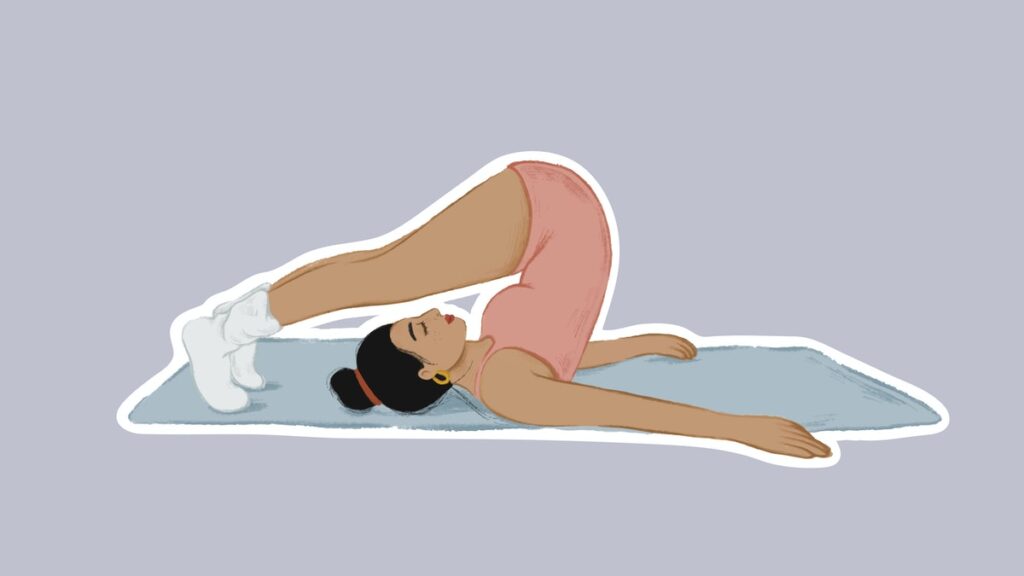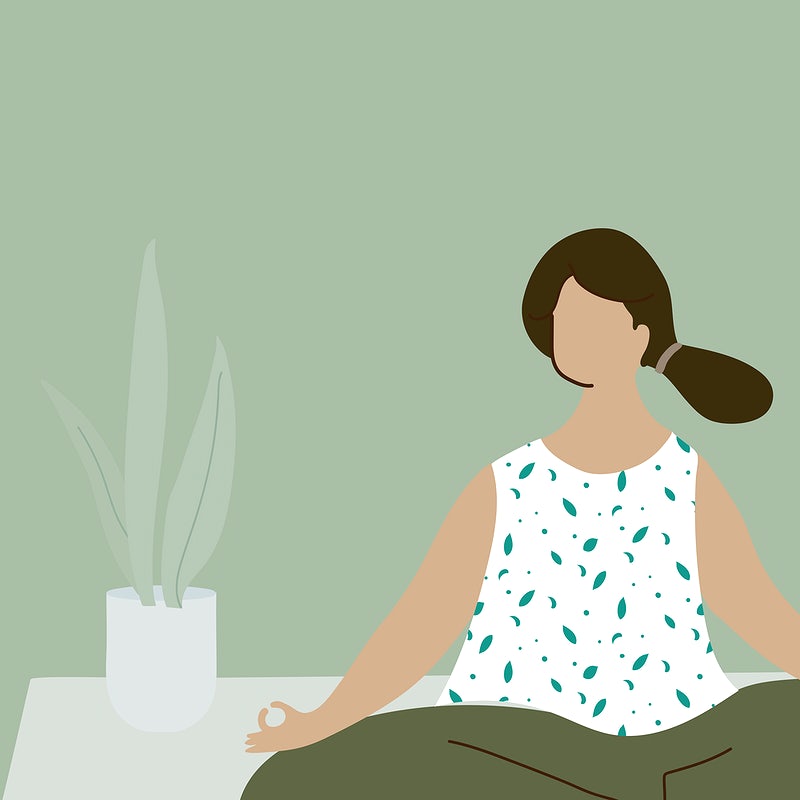
We’re sure you’ve noticed that every person on the planet has a different energy. Some are peaceful at heart; measured, composed and chilled out to the core. Others, it has to be said, are a little more antsy. And sure, sometimes this latter energy can be a good thing, helping us maintain our attention to detail and ensuring that we’re always on the ball. Channel that restlessness right, and results can be rewarding.
However, if you feel too restless to sleep at night, it can have a whole host of negative impacts on your body and mind. We’ve all had racing thoughts once in a while which have prevented us dropping off to sleep quickly, but when it’s regularly affecting the quality of your zeds, action needs to be taken. With that in mind, here are 7 tips for calming restless thoughts which won’t let you sleep.
AIM FOR A ROUTINE
First of all, if you’re getting into bed late with regularity, straight from a stressful or stimulating activity, then settling down quickly and quietly is going to be tough.
Stop making things hard for yourself! One of the best ways to help the body and brain get in a state of restfulness efficiently is to make them associate certain times and places with the very act of getting restful.
Just like our body gets hungry when it knows its mealtime is just around the corner, so too can it naturally get tired when it knows it’s bedtime. That’s if we keep up some consistency, of course. One way to do that is to figure out what time you usually need to wake up at, then use a sleep clock to work backwards and help you find out what time you should be going to bed. Slowly but surely, your body clock will set itself accordingly.
WORK IT OUT
You don’t want to work out too close to bedtime (a racing heart can equal racing thoughts, after all) but it can be very helpful to do so a couple of hours before bed, to rid yourself of any pent up energy you’ve accumulated throughout the day. Indeed, a study by Harvard found that those who did regular evening exercise both fell asleep faster and slept more deeply. And that’s why you’re here right?
Yep, though it’s sometimes suggested that exercise at night hurts your ability to sleep, when timed correctly, the opposite is actually true. Working out at night has been shown to have a host of benefits such as improving your ability to burn fat, since your body isn’t trying to store as much energy to get through the day, what with the day almost being over.

TAKE TIME TO SLOW YOUR THOUGHTS
When you get in bed, does it feel like your mind starts listing off all of your worries, all of the things you need to do, and even some silly thing you blurted out years ago? Though slowing down your thoughts might sound impossible, with the help of meditation, it’s eminently plausible.
This all starts by nurturing the right environment in which to ‘take a moment’. Set up a meditation den which allows you dedicate time and space to your practice, and make a session part of your nightly ritual.
If you’re not sure how to meditate, then there are plenty of guided meditation and mindfulness apps out there which can help you get used to the process. Don’t worry if you don’t immediately get into it, or if at first sitting down and doing nothing feels a little frivolous or counterproductive; the art of practising mindfulness and focusing on one thought at a time only doesn’t come naturally to everyone. Persistence is key here; when you start noticing results, it’s a magical thing.

WRITE AWAY YOUR WORRIES
Another way to avoid having your worries bounce around your head all night long, with only the ceiling above a lent ear, is to put some distance and objectivity between you and those thoughts.
One of the best ways to do this is by keeping a journal. By writing down your thoughts, you’re in essence releasing them from the prison of your brain and freeing them onto the page. A little overly poetic, perhaps, but we’re writing and riffing here, aren’t we?
This externalizing of your issues can be really beneficial to calming those restless thoughts which won’t let you sleep. For one, you are less likely to keep fixating on them once they’re down on the paper.
What’s more, writing down your issues can actually give you some perspective, helping you look at your issues from a new angle, whether it’s as soon as those words are down on the page or when you’ve had some time away from them and can read them back the following morning. Suddenly yesterday’s obsession becomes today’s inconsequential. And that’s a refreshing feeling.

SET THE SCENE FOR BED-TIME
As a wiseperson should have definitely once said; ‘’a chaotic, crowded room doesn’t for a sound sleep make’’. Hmm, did that come out right?
Anyway, it’s essential for a distraction free sleep that you’re creating as relaxed an environment as possible before you head to bed. One of the most common ways that people do this is with aromatherapy, using scents such as lavender oil, chamomile oil, and ylang-ylang to evoke a peaceful space.
You should also be ritualistic about how you take the time to prepare yourself and the bedroom for sleep. The simple act of ‘getting ready’ for sleep can give your body the time and prompts it needs to switch gears, which means it’s more likely to start slowing down as soon as your head hits the pillow. Perhaps fold your clothes neatly for the following day, or switch the lights in your living room to ‘night time’ mode every evening at the same time. Your brain will respond to these cues favourably and most crucially, with a more restful mindset.

AVOID USING THE BEDROOM FOR OTHER THINGS
One tip that’s worth following; regardless of whether you’re having trouble sleeping or not, is to make sure that you’re only using the bedroom for its intended purposes: sleep and intimacy. Yep, you know what we mean by the latter – nudge nudge, wink wink – but it’s the former which we’re devoting this article to, so we’ll park that smutty talk for now.
Anyway, our mind creates associations between spaces and the activities we use those spaces for. As such, if you use your bedroom as your home office or as your main workout space, then you’re in danger of putting up mental barriers to it being your sleep space instead. Being mentally in-gear to get to work or to workout is not conducive to a good night’s sleep, to put it mildly.
DON’T BATHE YOUR EYES IN BLUE LIGHT
We’re sure you’ve heard this one before. We’re also sure it’s something you (and all of us) find surprisingly hard to follow. Yep, the need to avoid exposing your eyes to blue light before you go to bed is a well-documented one. This light, which is produced by the digital displays of monitors, smartphones, and similar devices, has been shown to make it harder to get to sleep in a variety of studies.
This particular kind of light is better than most at keeping your brain active and alert, to the point that it can add 20-30 minutes of waking time to your night before you fall asleep. As such, you should aim to avoid blue light for at least 30 minutes before you go to bed. Easier said than done, we know, but it’s a change well worth implementing.
THE BOTTOM LINE
By bearing the tips above in mind, firstly; we pray your mind isn’t racing with new ideas. That would rather defeat the point of the article. Secondly, and more seriously, we hope that the next time you lay your head down to rest, it’s a little more tranquil in there.




